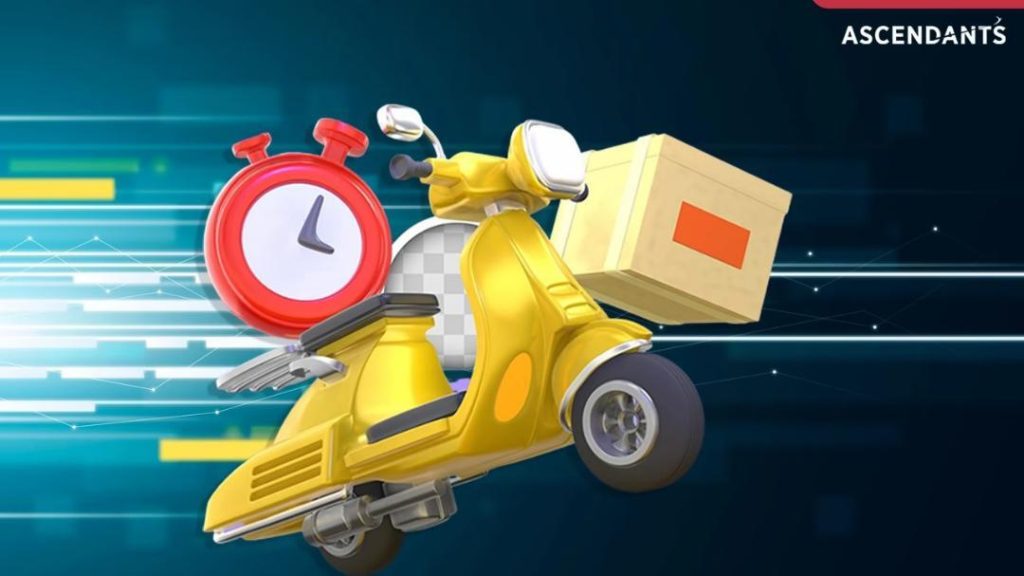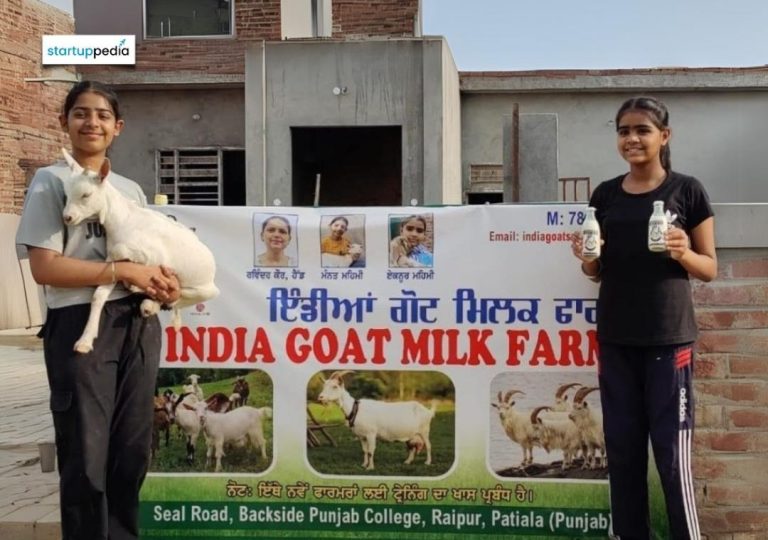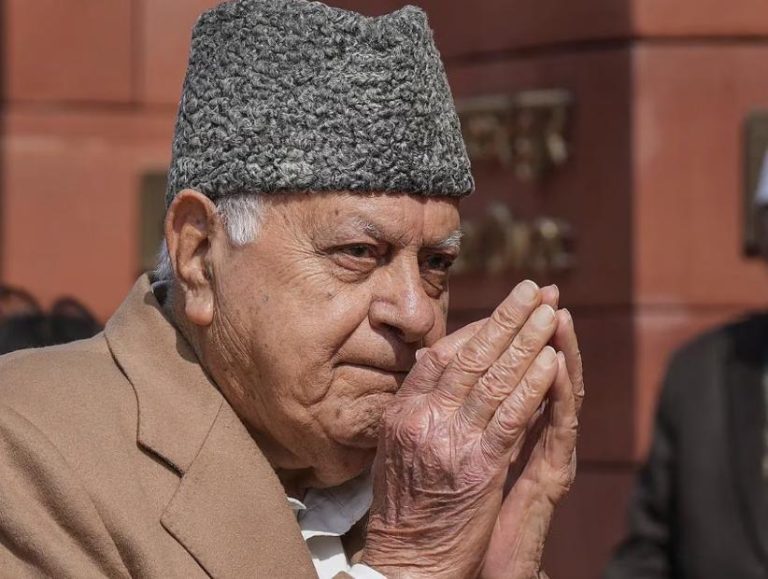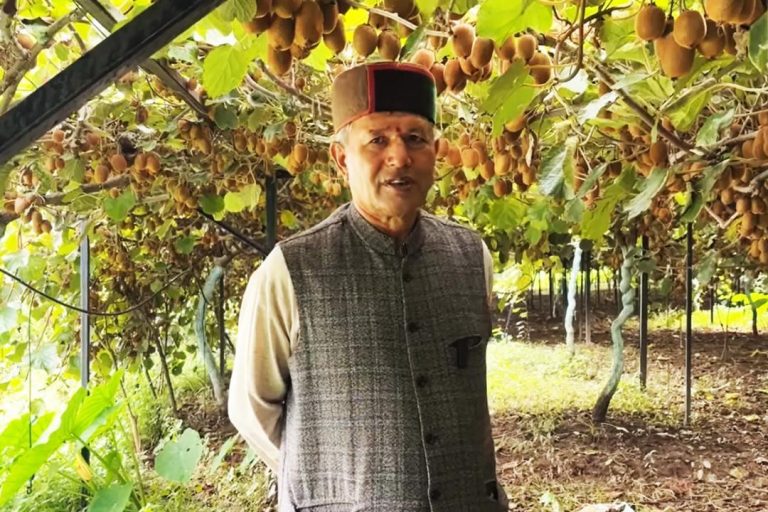
India’s New Obsessions: Quick Commerce & Short Drama Apps
In today’s fast-paced digital age, Indians are increasingly adopting new habits and preferences that are redefining their daily lives. Two trends that have been gaining immense popularity in recent times are quick commerce and short drama apps. These platforms have been revolutionizing the way Indians consume goods and services, and the way they spend their leisure time.
Quick Commerce in India: A Growing Phenomenon
Quick commerce, also known as instant delivery or 10-minute delivery, refers to the rapid delivery of essential goods and services to customers. This concept has taken India by storm, with sales crossing a staggering ₹7,500 crore in FY24. What’s more, a significant 68% of metro users in India are ordering from these platforms at least twice a week. This trend is not limited to metros alone, as even tier-2 and tier-3 cities are embracing quick commerce.
The reasons behind this surge in popularity are multifaceted. For one, Indians are increasingly busy and value their time. Quick commerce platforms offer the convenience of ordering groceries, food, and other essentials from the comfort of their homes or offices, with delivery times as short as 10-15 minutes. This is a game-changer for busy professionals, working mothers, and anyone who values their time.
Another reason is the rise of online shopping. Indians are increasingly comfortable with ordering online, and quick commerce platforms have made it possible for them to get their hands on the products they need quickly. With the proliferation of smartphones and the internet, it’s become easier than ever for Indians to access these platforms and make purchases.
Short Drama Apps: The New Face of Entertainment
Short drama apps, on the other hand, have been gaining popularity as a new form of entertainment. These apps offer bite-sized content, typically ranging from 3-15 minutes, which can be consumed on-the-go. With over 300 million users in 2025, up 40% from 2023, short drama apps are becoming a staple of urban India’s entertainment landscape.
The success of these apps can be attributed to the changing preferences of Indian audiences. In today’s fast-paced world, people are looking for content that is engaging, yet doesn’t require a significant time commitment. Short drama apps offer exactly that – a quick fix of entertainment that can be consumed during commutes, breaks, or any other spare moment.
Ad Revenues Surge
The success of quick commerce and short drama apps has also had a significant impact on advertising revenues. According to reports, ad revenues from these platforms hit ₹2,000 crore in 2024, up from ₹1,200 crore in 2023. This growth is expected to continue, as more brands and advertisers recognize the potential of these platforms to reach their target audience.
Innovations and Personalization
What’s driving the growth of quick commerce and short drama apps is the focus on innovation and personalization. Both platforms are leveraging data and analytics to offer users a tailored experience. For instance, quick commerce platforms are using AI-powered recommendation engines to suggest products based on a user’s purchase history and preferences.
Similarly, short drama apps are using machine learning algorithms to understand user behavior and preferences, serving them content that is more likely to resonate with them. This focus on personalization has helped these platforms build a loyal user base and drive engagement.
Redefined Digital Habits
The rise of quick commerce and short drama apps has redefined urban India’s digital habits. Indians are no longer satisfied with traditional methods of shopping or entertainment. They want convenience, speed, and personalization, and these platforms are delivering exactly that.
As these trends continue to evolve, we can expect to see even more innovations and disruptions in the digital landscape. Whether it’s the rise of voice-assisted shopping or the growth of virtual events, one thing is clear – the future of digital India is exciting, and it’s full of possibilities.






